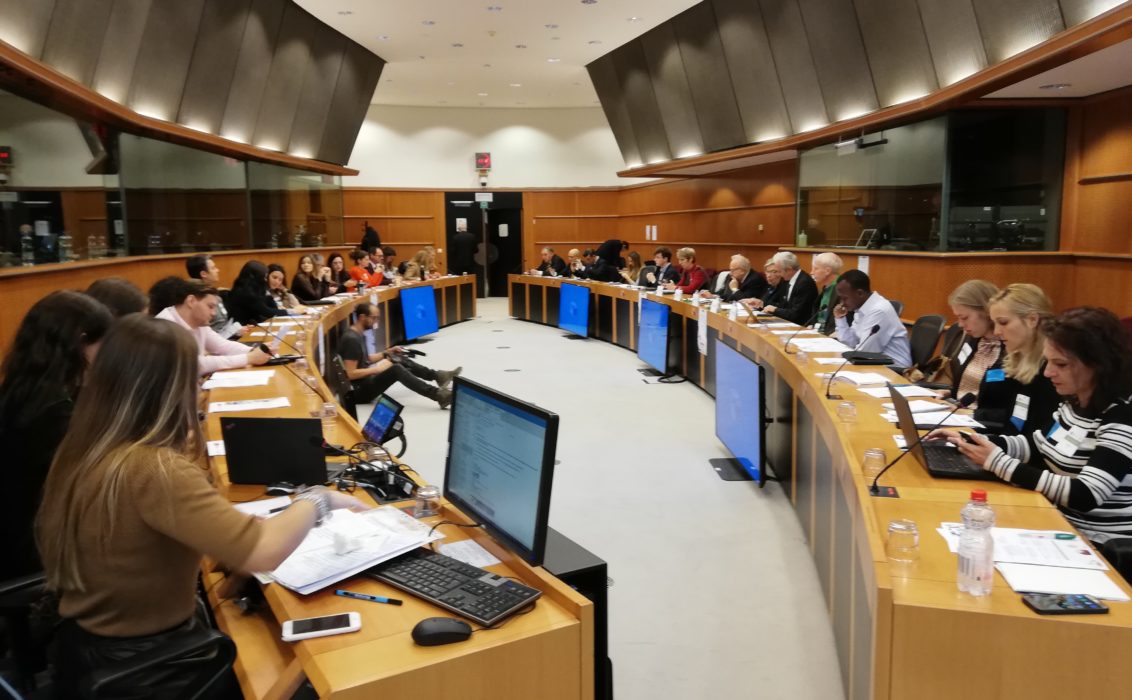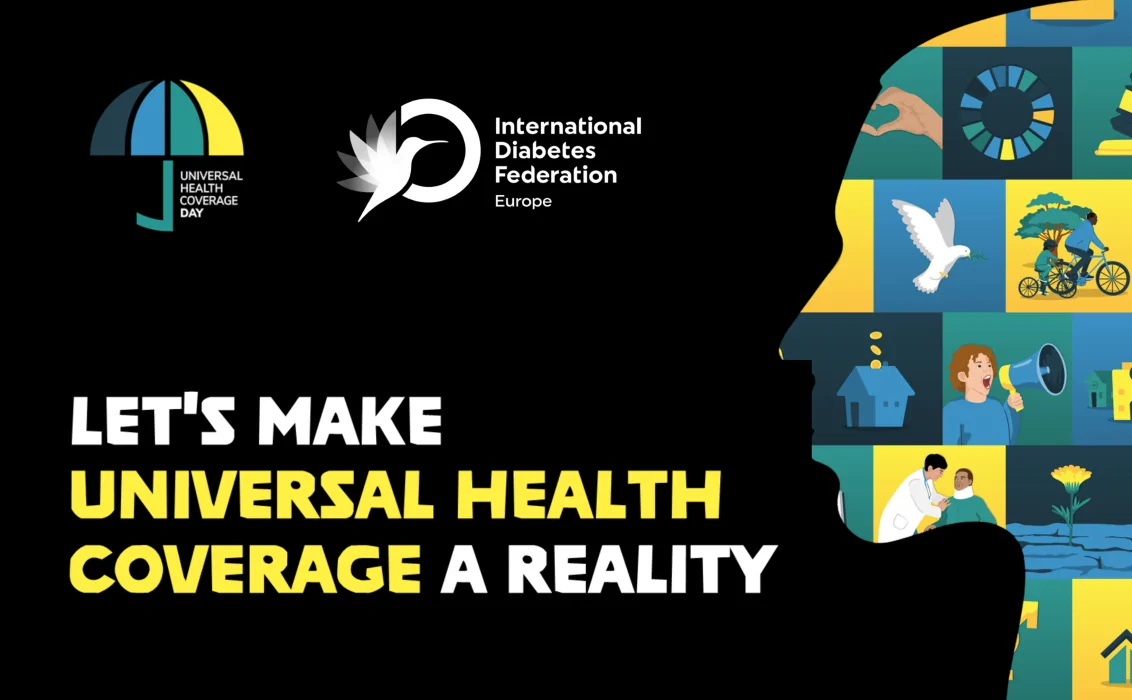 IDF Europe participated in a high-level discussion on healthy and sustainable diets at the European Parliament in Brussels on 7 March. Entitled “Embracing Healthy and Sustainable Dietary Switches for you and the Planet’s Health”, the meeting was co-hosted by the HealthGrain Forum and MEP Elena Gentile (Italy).
IDF Europe participated in a high-level discussion on healthy and sustainable diets at the European Parliament in Brussels on 7 March. Entitled “Embracing Healthy and Sustainable Dietary Switches for you and the Planet’s Health”, the meeting was co-hosted by the HealthGrain Forum and MEP Elena Gentile (Italy).
The meeting set out to study whether whole grains can contribute to improvements in European dietary trends in coming years. It addressed key dietary subjects such as the need for regulation to change people’s behaviour throughout the continent towards a more healthful diet and to reorient agricultural priorities from a quantitative to a qualitative approach.
Jan de Vries, Communications Manager at HealthGrain Forum, flagged the benefits of including whole grains based on the Lancet’s EAT report, which warned that more than 820 million people consume the low-quality diets that are contributing to a substantial rise worldwide in the incidence of diet-related non-communicable diseases (NCDs), including diabetes.
De Vries insisted on the health benefits of a plant-based diet comprising whole grains, fruits and vegetables, nuts, and pulses.

Francesco Branca, director of the Department of Nutrition for Health and Development the at World Health Organization (WHO), underlined the need to implement WHO’s recommendations for a healthy and sustainable diet in a context where “a large part of the world’s population is affected by diet-related diseases such as heart disease, stroke and diabetes”. Branca believes that in order to prevent this situation from being exacerbated, part of the solution lies not only in awareness-raising via informative campaigning, but also in an maintinaing an open dialogue with the pharmaceutical and food industries. While he maintained that much progress has been made — multinationals food processing companies have been progressively reducing the salt and fat content of their products, and are offering sugar-free consumables — Branca insited on the nbeed for further measures.
A Mediterranean diet was suggested as an adequate option to implement these scientifically based recommendations. According to Sandro Dernini, General Secretary of International Foundation of Mediterranean Diet (IFMeD), the Mediterranean diet could be adopted widely in order to achieve both the much-needed health and the environmental outcomes discussed at the meeting.
The importance of quality labels to change consumer behaviours was raised by Antonello Pezzini, president of the European Economic and Social Committee (EESC) temporary study group on sustainable food systems.



